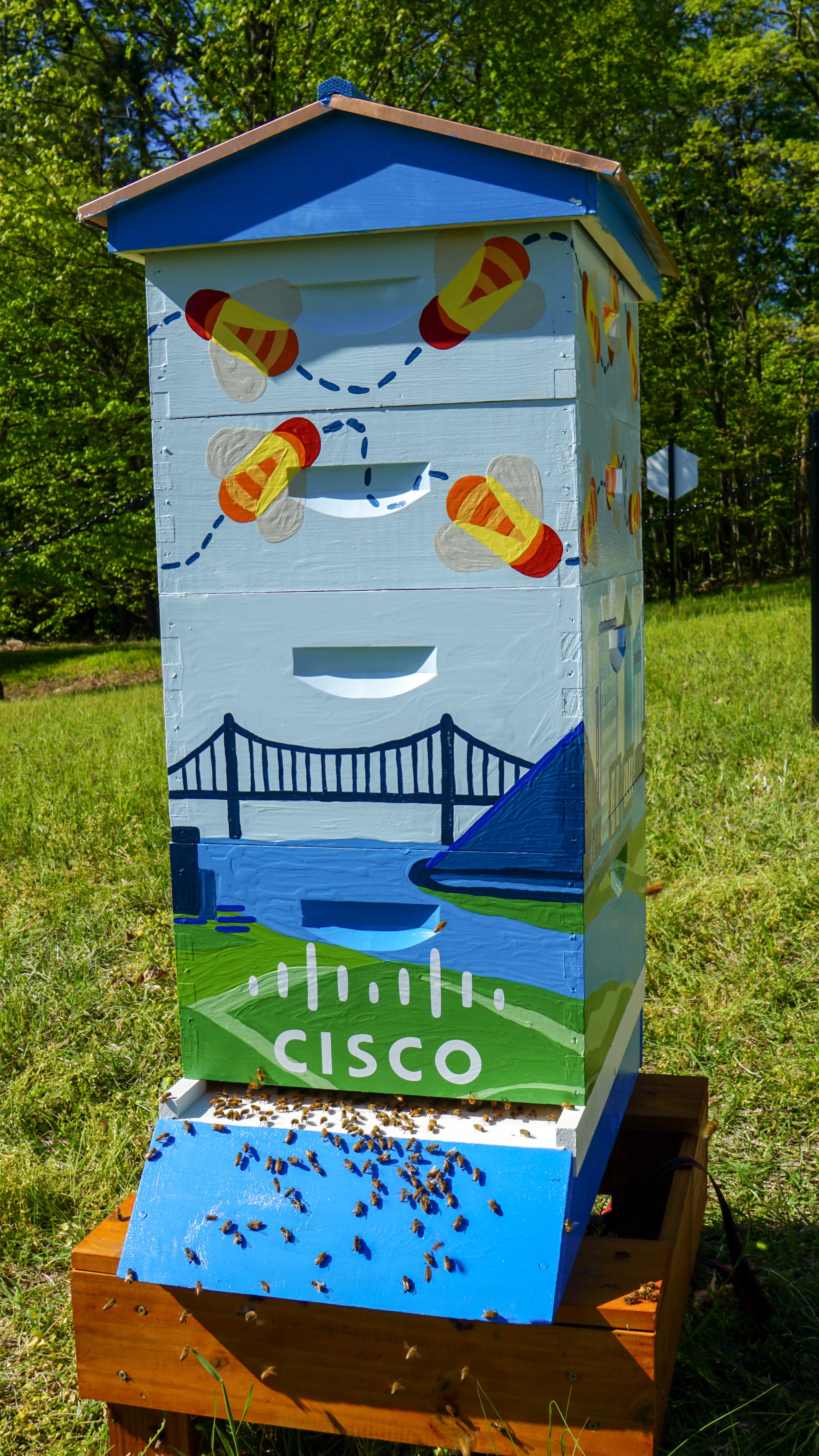One of every three bites of food eaten worldwide depends on pollinators, especially bees, for a successful harvest. Yet, despite how critical bees are to the natural environment and human food systems, global bee populations continue to decline.
Over the past decade alone, beekeepers in the US and Europe have reported annual bee colony losses of 30% to 50%. The decline has been blamed on a variety of factors, from pesticide use to industrial farming techniques, habitat loss, and climate change.
Here are five reasons why it’s critical to save the world’s bees, both for human well-being and for the protection of the environment.
1. Beehives are a great model for social cooperation.
We can learn a lot from bees. In a colony, each individual bee has a role to play that’s essential to the survival of the hive. From worker bees that protect the hives and nurture its food to nursing bees that tend to the young, each member of the colony is critical because every task is equally important.
Celebrating the beehive as a model for change is at the heart of Bee Downtown. Founded by fourth-generation bee-keeper Leigh-Kathryn Bonner, Bee Downtown installs and maintains beehives on corporate campuses, supporting healthy honeybee populations while also using the beehive as a metaphor to teach communication, trust, and other components of leadership development. Since 2019, one of its key initiatives has been with Global Citizen’s partner, Cisco.

In partnership with Bee Downtown and the RTP Foundation, Cisco installed three hand-painted beehives near its campus in North Carolina, which are now home to over 100,000 honeybees. The hope is that by introducing more bees to the environment and using responsible beekeeping practices, bee populations will recover to their former numbers, and support food systems and biodiversity.
“I am so glad that we are able to sponsor beehives in Research Triangle Park,” said Cisco’s director of global industry marketing, Cecile Willems. “Bees play a vital role in the health of our food systems and environment, and I am excited that our employees will have the opportunity to learn firsthand about these amazing creatures through this program.”
Sustainability is integral to Cisco’s CSR work, which is what inspired Cecile to champion this project and bring it to Cisco’s campus.

2. Bees are critical to our food systems.
Protecting bees is about more than allowing insects to buzz and pollinate — it’s about protecting the integrity and sustainability of our agricultural systems. According to the Food and Agriculture Organization (FAO), bees and other pollinators affect 35% of global agricultural land, supporting the production of 87 of the leading food crops worldwide. Bees also help to pollinate the majority of the planet’s wild plants, which support healthy ecosystems.
Over the past several decades, however, the growth of industrial agriculture has been an important contributor to the decline of pollinator populations. In many cases, farming practices deplete areas of plant diversity, depriving bees of key sources of food and unleashing vast amounts of harmful pesticides.
3. Bees are the front lines in the battle against climate change.
Evidence has shown that global warming is one of the key drivers of the decline of bees globally. Some wild bees and other pollinators have only a small temperature window where they can live. So when temperatures rise, they are forced to head to colder climates to seek refuge, reducing the overall territory they can inhabit, and reducing population sizes. This can have ripple effects on the surrounding ecosystem.
For example, when specialized insect species go extinct, these populations are often replaced by generalist species, which can survive in a wide range of temperatures and conditions. But as generalist species take specialists’ place, the whole system becomes far more susceptible to sudden changes because of their inability to perform specialized functions.
The result can be an ecological cascade that threatens the integrity of the whole ecosystem. As climate change accelerates, more ecosystems will be placed under this kind of pressure, and it’s expected that populations will continue to decline.

4. Healthy bee populations help promote biodiversity.
The decline of bees is emblematic of the broader decline of wildlife around the world. Bees require diverse and lush landscapes for food, reproduction, and nesting. So when ecosystem diversity is affected, the surrounding pollinator populations are, too.
But the opposite is also true. Plants and insects often serve as the foundation of healthy ecosystems, so when landscapes begin to regain ecosystem diversity, other creatures will also come back: birds, lizards, snakes, and frogs — which all feed on insects.
This can create a positive feedback loop that helps support pollinator populations, while also improving agricultural yields. Farmers can move in this direction by allocating a certain amount of their land to bee-friendly habitats and featuring various types of flowers that provide nectar and pollen year-round.

5. Pests and pesticides are making things worse.
Researchers point to parasites and disease-causing “pathogens” as leading causes in the collapse of honeybee colonies around the world. The primary parasite that’s wiping out honeybee populations is the “Varroa destructor.” This deadly mite affects most honeybee colonies in the US and is the main cause of the 45.5% loss rate in 2021. It latches onto the bees in their larval state and feeds on the developing larva which weakens its immune system and transmits disease.
The heightened impact of these viruses has been exacerbated by pesticide exposure, which further damages the already weakened immune system of bees.

Want to learn more about the importance of protecting our planet? Take action with us here and learn more about Global Citizen’s Recovery Plan for the World.